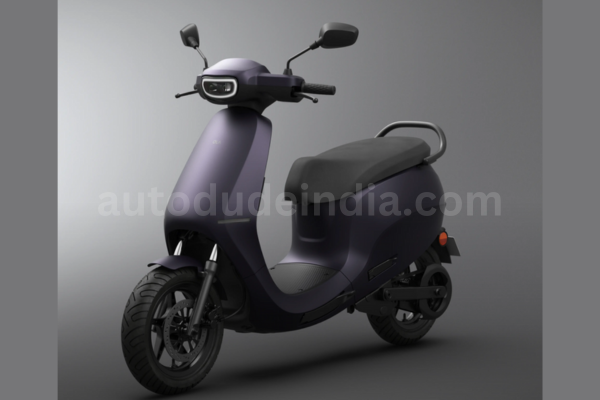Karnataka Targets Clean Mobility with Tax Waivers and Incentives for Hybrid Cars.

Following Uttar Pradesh’s tax waiver on hybrid cars, Karnataka is looking to make a significant impact by reducing levies and offering financial incentives for clean mobility. According to a draft report from the Karnataka government, the state is planning to introduce tax waivers on hybrid vehicles and offer incentives for investment in electric vehicles (EVs) and other clean mobility technologies.
Key Highlights:
- Tax Waivers for Hybrid Cars Under Rs 25 Lakh: Hybrid cars priced below Rs 25 lakh (approximately 30,000 USD) are likely to get exemptions from road tax and registration fees. Currently, these charges range from 13% to 18%.
- Incentives for Clean Mobility Stakeholders: The state is planning incentives of up to 25% for investments made by companies in EV infrastructure, including factories, land, and machinery.
- Boost for Hybrid and Hydrogen-Based Vehicles: Karnataka’s plan covers electric, hybrid, and hydrogen-based vehicles, aiming to increase adoption and reduce road tax burdens.
- No Deadline for EV Policy Unveil: While the draft mentions ambitious incentives, there is no clear timeline for when the state will finalize and launch this clean mobility policy.
- Investment in EV Industry: The state government plans to attract up to $6 billion in new investments in clean mobility, providing a significant boost to India’s sustainable transport future.
Karnataka’s Plan for Tax Waivers on Hybrid Cars
As part of the new clean mobility initiative, Karnataka is planning to remove road tax and registration charges for hybrid cars under Rs 25 lakh. This would lead to a significant reduction in the overall cost for potential hybrid car buyers, compared to the current 13% to 18% tax levied. This move is similar to Uttar Pradesh’s recent tax exemptions on hybrid vehicles, which sparked interest from both buyers and manufacturers.
Incentives for EV and Hybrid Investors
In addition to reducing taxes on hybrid cars, Karnataka is also planning to offer financial incentives to companies investing in EV infrastructure. The proposed incentives will range between 15% and 25% of the total investment in fixed assets such as land, machinery, and equipment for EV factories. This will benefit both existing companies and those planning new ventures, including manufacturers of EV batteries and charging stations. The incentive rate will vary based on the size of the investment and the number of employees involved.
Boosting Clean Mobility Adoption
Karnataka’s draft policy is focused on expanding the adoption of clean mobility technologies, including hybrid cars, electric vehicles, and hydrogen-based vehicles. By offering financial incentives and reducing tax burdens, the state aims to drive a shift towards environmentally-friendly transportation options. This initiative is expected to significantly contribute to India’s efforts in reducing carbon emissions and promoting sustainable transportation.
Aiming for a $6 Billion Clean Mobility Investment
The state’s government previously announced its goal to generate $6 billion in new investments under the clean mobility policy. However, further details on how the state plans to achieve this target are yet to be revealed. While the draft provides a glimpse of the ambitious measures being considered, no official statement has been released by Karnataka’s transport department regarding the policy’s finalization.
Autodude India Thought
Karnataka’s efforts to promote clean mobility through tax waivers on hybrid vehicles and investment incentives mark a significant step forward in India’s push towards sustainable transportation. The state’s focus on reducing costs for hybrid car buyers and providing financial aid to clean mobility stakeholders could attract new investments and boost the adoption of environmentally-friendly vehicles. With the potential to generate billions in investment, Karnataka’s clean mobility policy is one to watch.
Also Read:
BluSmart EV Ride-Sharing Startup in Talks with JSW MG for EV Orders and Stake Sale.




